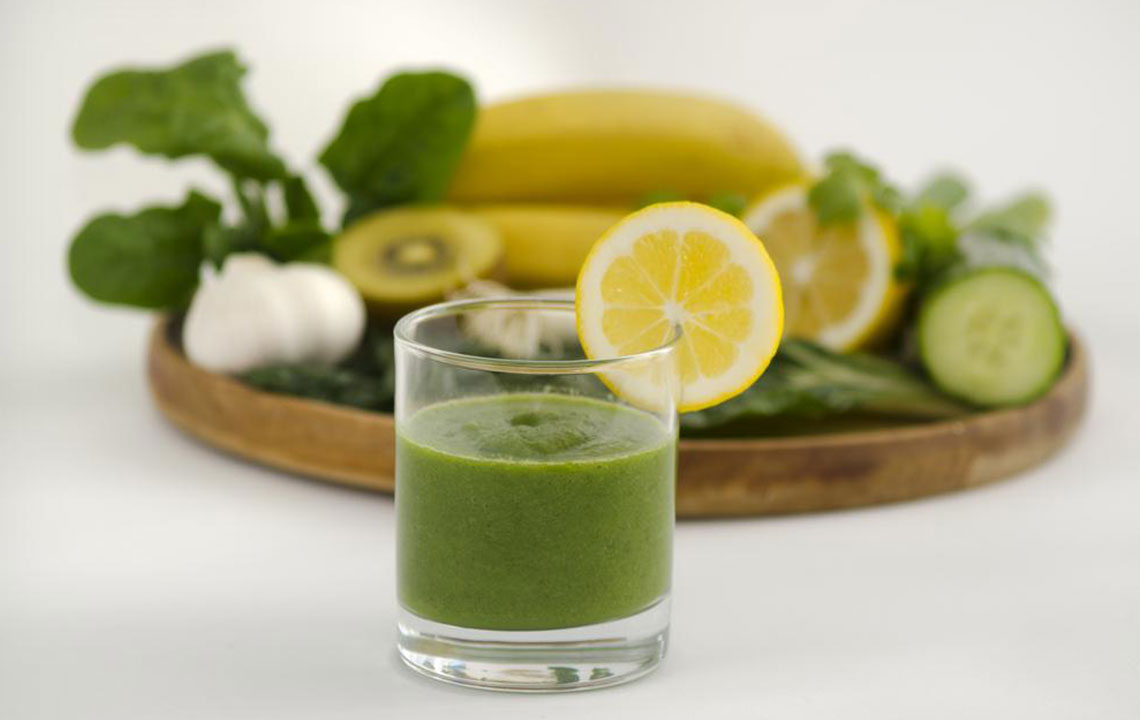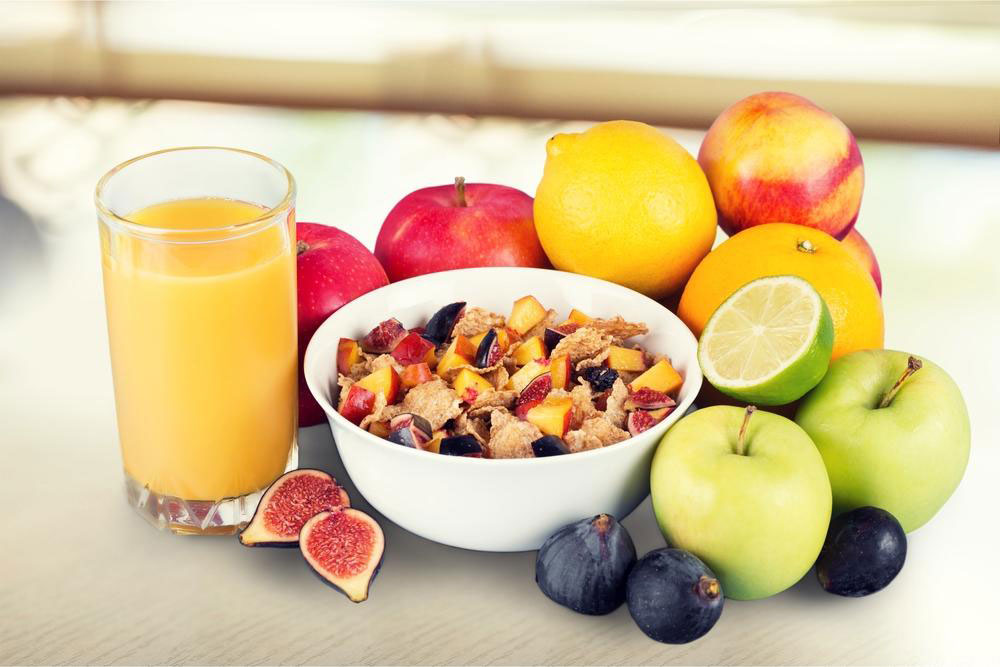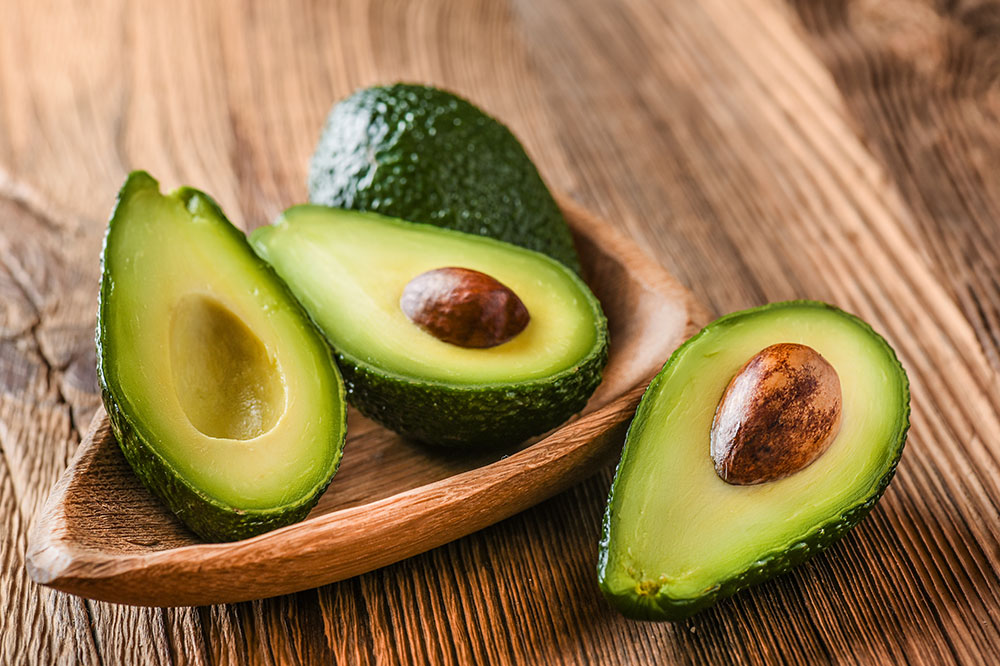Comprehensive Guide to 6 Nutrient-Dense Foods Essential for Diabetes Management
Discover the top 6 nutrient-rich foods that play a vital role in managing diabetes. Incorporating dark leafy greens, whole grains, omega-3 rich fish, probiotic yogurt, berries, and garlic can significantly improve blood sugar control, support heart health, and boost overall wellness. This comprehensive guide highlights the benefits of each food and offers practical tips for integrating them into your daily diet for better metabolic health and diabetes management.

Comprehensive Guide to 6 Nutrient-Dense Foods Essential for Diabetes Management
Effective diabetes management hinges on making informed dietary choices that help maintain steady blood glucose levels while supporting overall health and well-being. Although avoiding foods that could spike blood sugar is essential, focusing on nutrient-rich foods can have a profound impact on health outcomes. Incorporating a variety of specific foods that are high in essential vitamins, minerals, antioxidants, and fiber can help control blood sugar, reduce complications, and improve quality of life for individuals living with diabetes. Here, we delve into six of the most beneficial nutrient-packed foods that should be considered as part of a balanced diabetic-friendly diet.
Dark, Leafy Greens
Vegetables such as spinach, kale, Swiss chard, and collard greens are powerhouse sources of vital nutrients including vitamins A, C, K, magnesium, calcium, and dietary fiber. Their high antioxidant content helps combat oxidative stress, a common issue in diabetics, thereby supporting overall health. Additionally, their low carbohydrate profile and high fiber content promote a feeling of fullness, which can aid in weight management – a crucial aspect for controlling insulin sensitivity and blood sugar levels. Regular consumption of dark leafy greens can also contribute to reducing inflammation and improving heart health, which are common concerns among diabetic patients.
Whole Grains
Whole grains such as oats, brown rice, barley, and quinoa are rich in dietary fiber, complex carbohydrates, and essential nutrients. Unlike refined grains, they digest more slowly, helping to stabilize blood sugar levels and prevent sudden spikes. The high fiber content also promotes digestive health, contributes to satiety, and supports weight management. Incorporating whole grains into daily meals can enhance insulin sensitivity, making them a vital part of a diabetic-friendly diet. They also provide B vitamins and minerals like magnesium, which play a role in energy production and metabolic health.
Omega-3 Rich Fish
Fatty fish varieties such as salmon, sardines, mackerel, and trout supply essential omega-3 fatty acids, primarily DHA and EPA. These healthy fats are known for their anti-inflammatory properties, support cardiovascular health—which is especially important for diabetics at increased risk of heart disease—and aid in regulating blood sugar. Regular consumption of omega-3-rich fish can also improve lipid profiles by lowering triglycerides and increasing HDL cholesterol, contributing to better metabolic control and reduced risk of complications associated with diabetes.
Probiotic-Enhanced Yogurt
Greek yogurt, in particular, is an excellent source of high-quality protein and beneficial probiotics. Probiotics are live bacteria that support a healthy gut microbiome, which plays a significant role in metabolic health and insulin sensitivity. Consuming probiotic-rich yogurt can help reduce intestinal inflammation, lower cholesterol levels, and promote better digestion. Some studies suggest that regular intake of probiotic foods may enhance insulin response and improve blood sugar control in individuals with diabetes, making yogurt a smart addition to a balanced diet.
Berries
Fruits such as strawberries, blueberries, blackberries, and raspberries are low on the glycemic index, meaning they have minimal impact on blood sugar levels when consumed in moderation. They are rich in dietary fiber, antioxidants, vitamins, and phytochemicals, which help prevent oxidative stress and inflammation—both linked to insulin resistance and diabetic complications. Regular inclusion of berries in meals and snacks can support blood sugar stability, improve insulin sensitivity, and provide an enjoyable, flavorful way to boost overall nutritional intake.
Garlic
This pungent culinary ingredient is more than just a flavor enhancer. Garlic supplies essential nutrients such as manganese, vitamin B6, vitamin C, and selenium. Its bioactive compounds, including allicin, have been shown to help regulate blood glucose levels, improve cholesterol profiles, and support healthy blood pressure. Incorporating garlic into daily cooking can be a natural method to bolster metabolic health, reduce inflammation, and assist in managing the dual challenges of blood sugar and lipid control often faced by diabetics.





